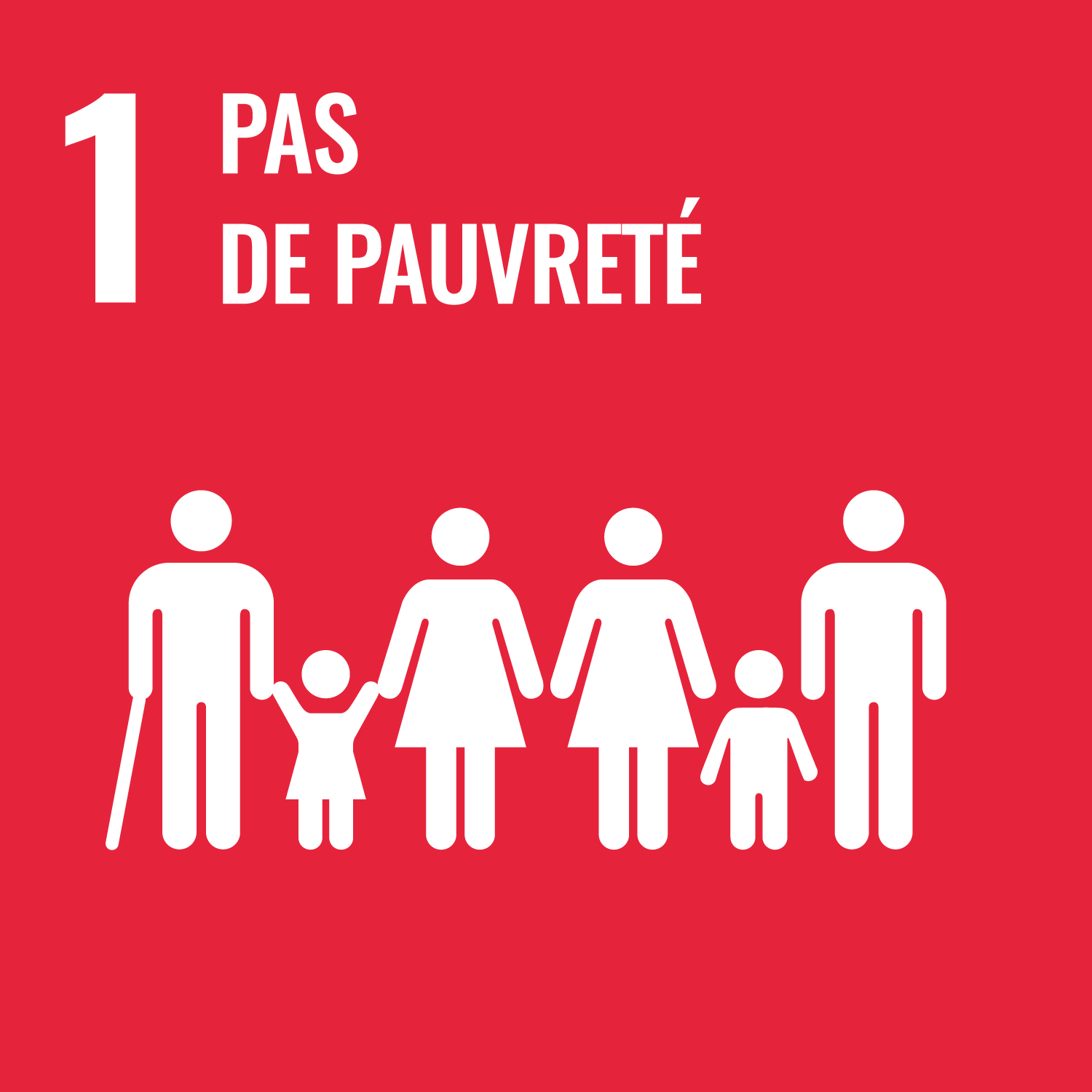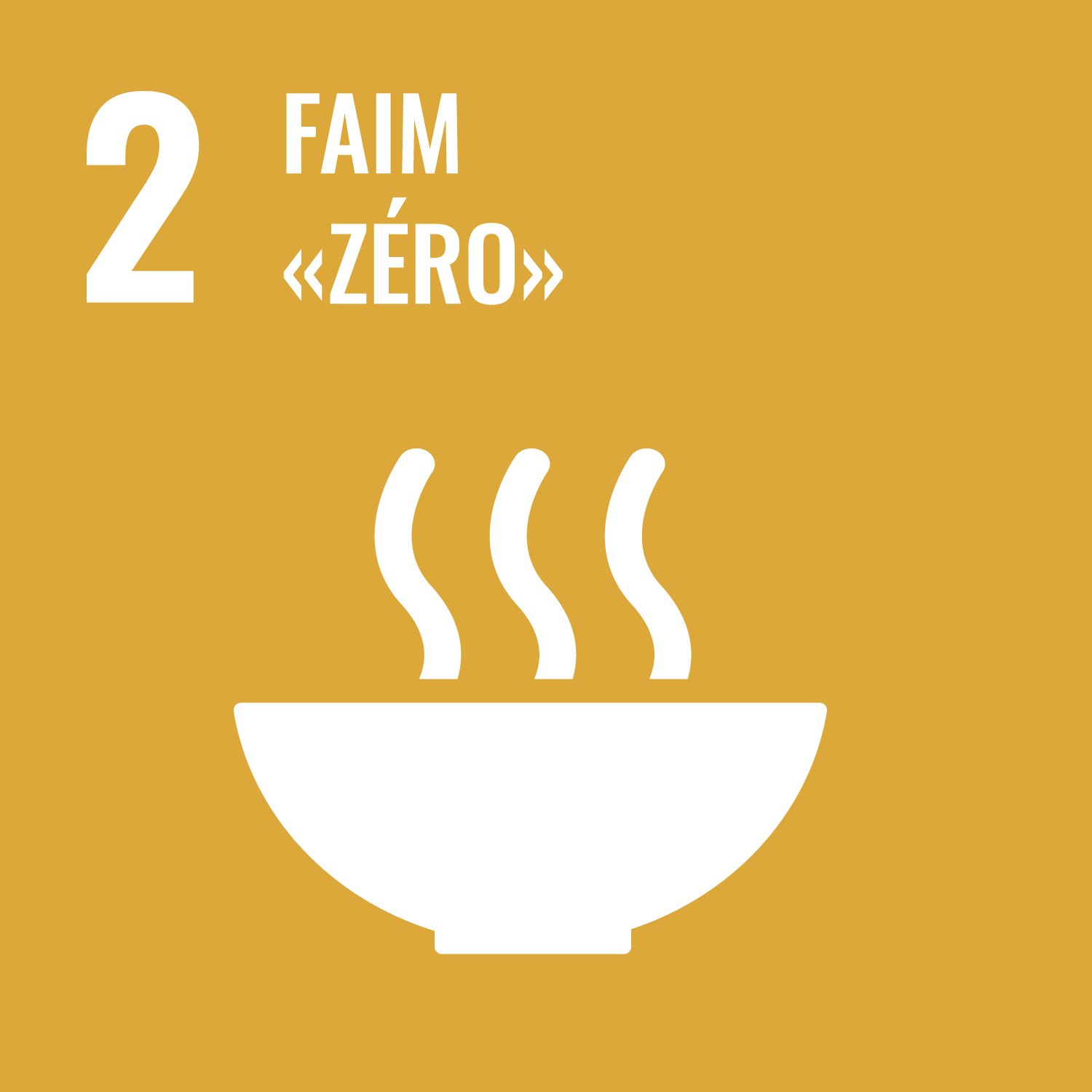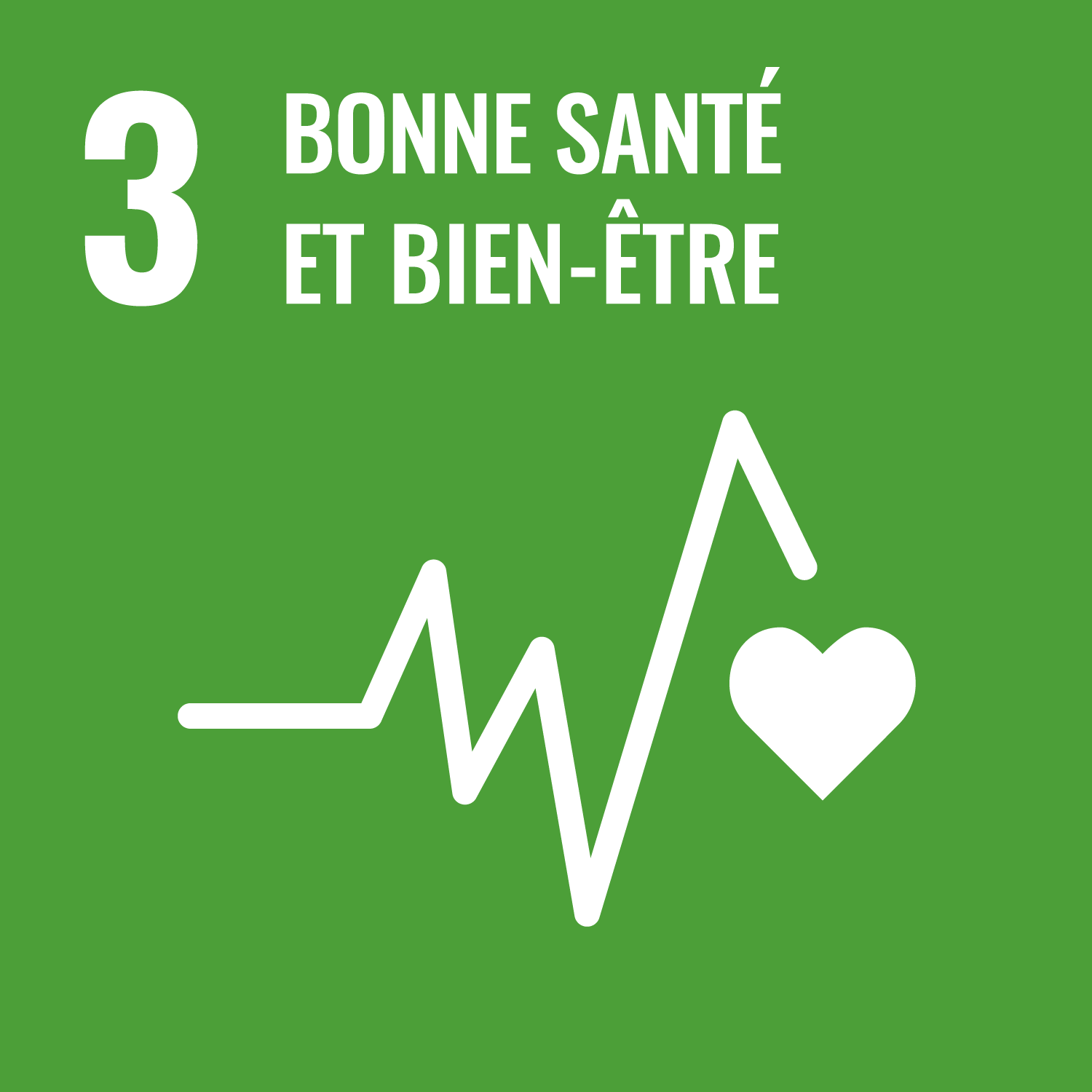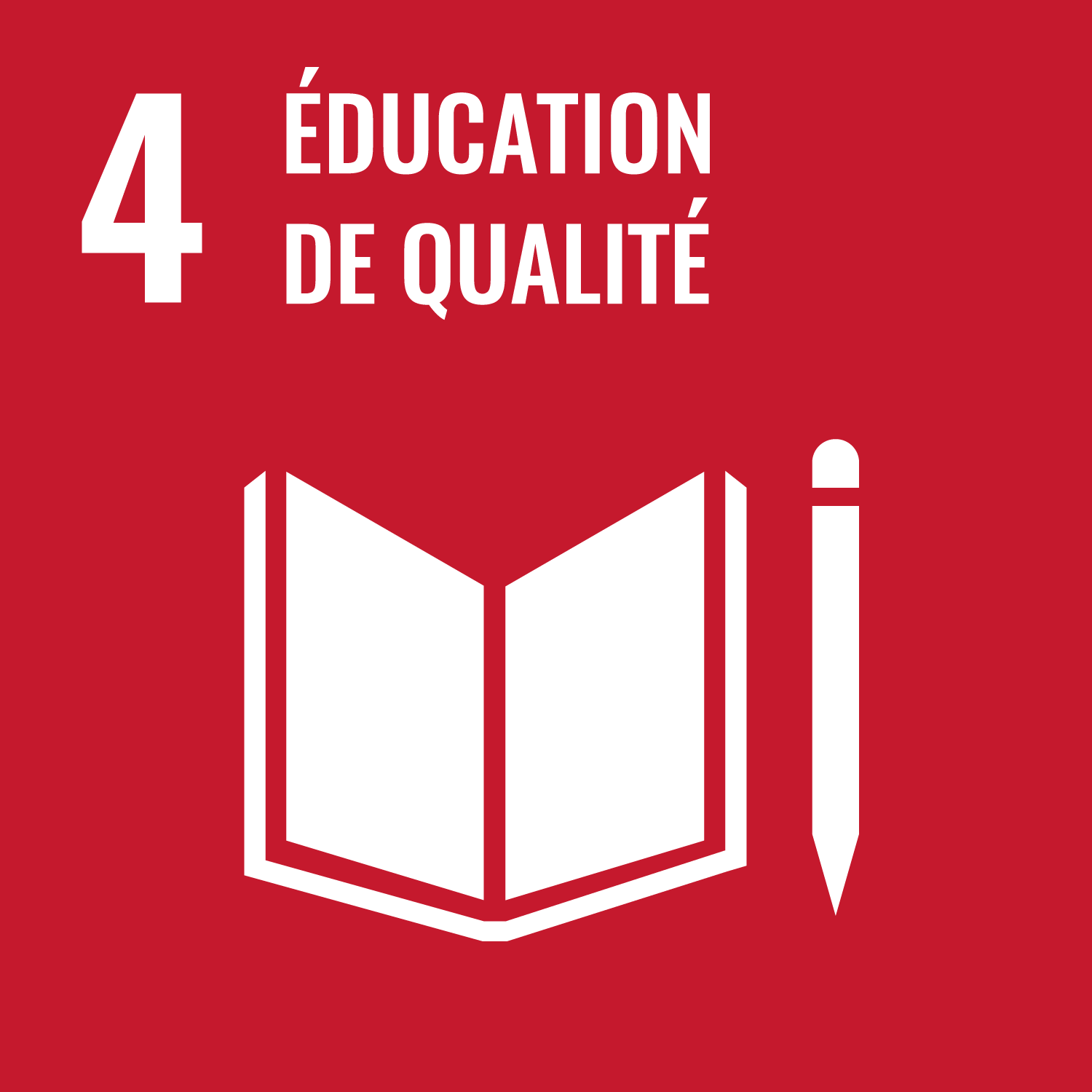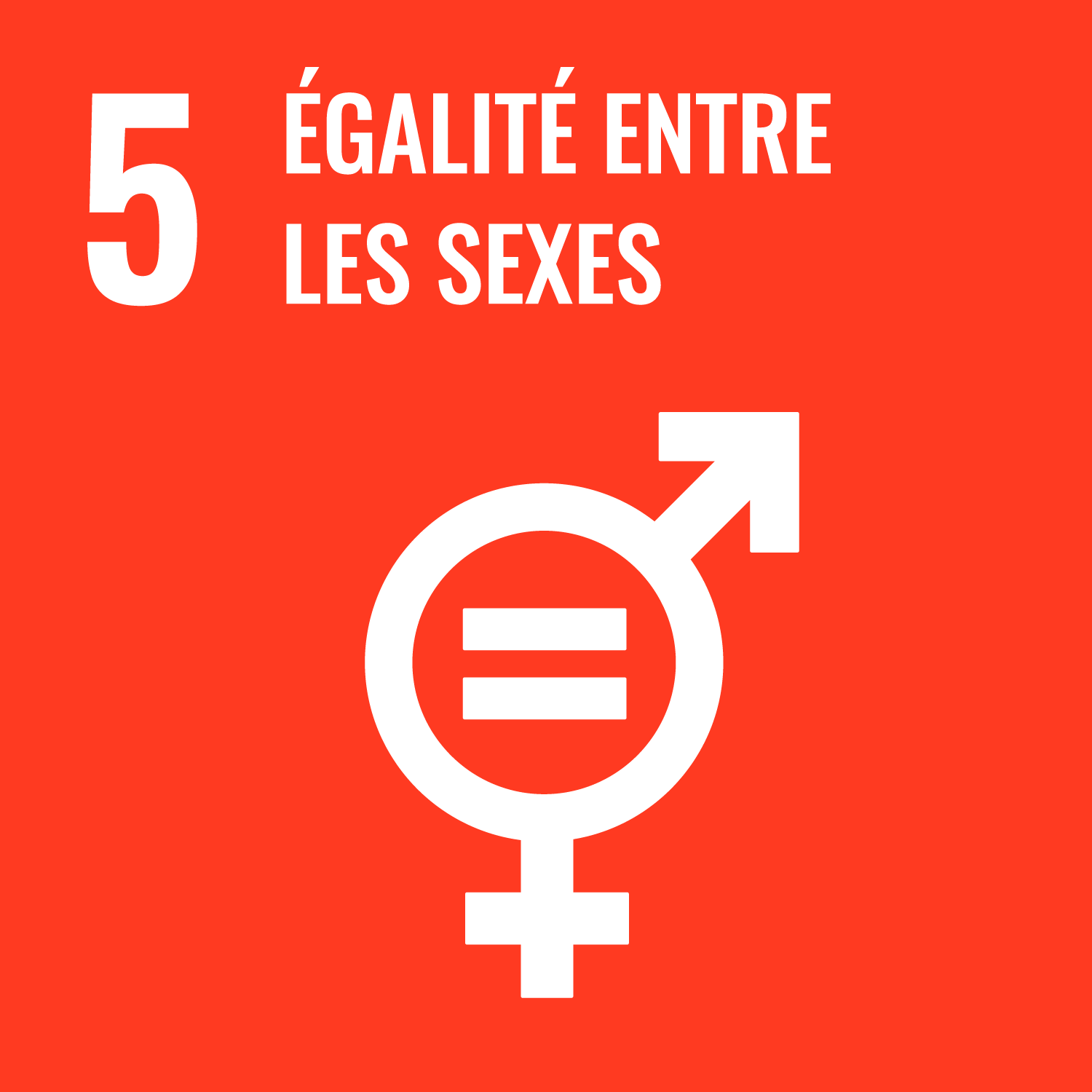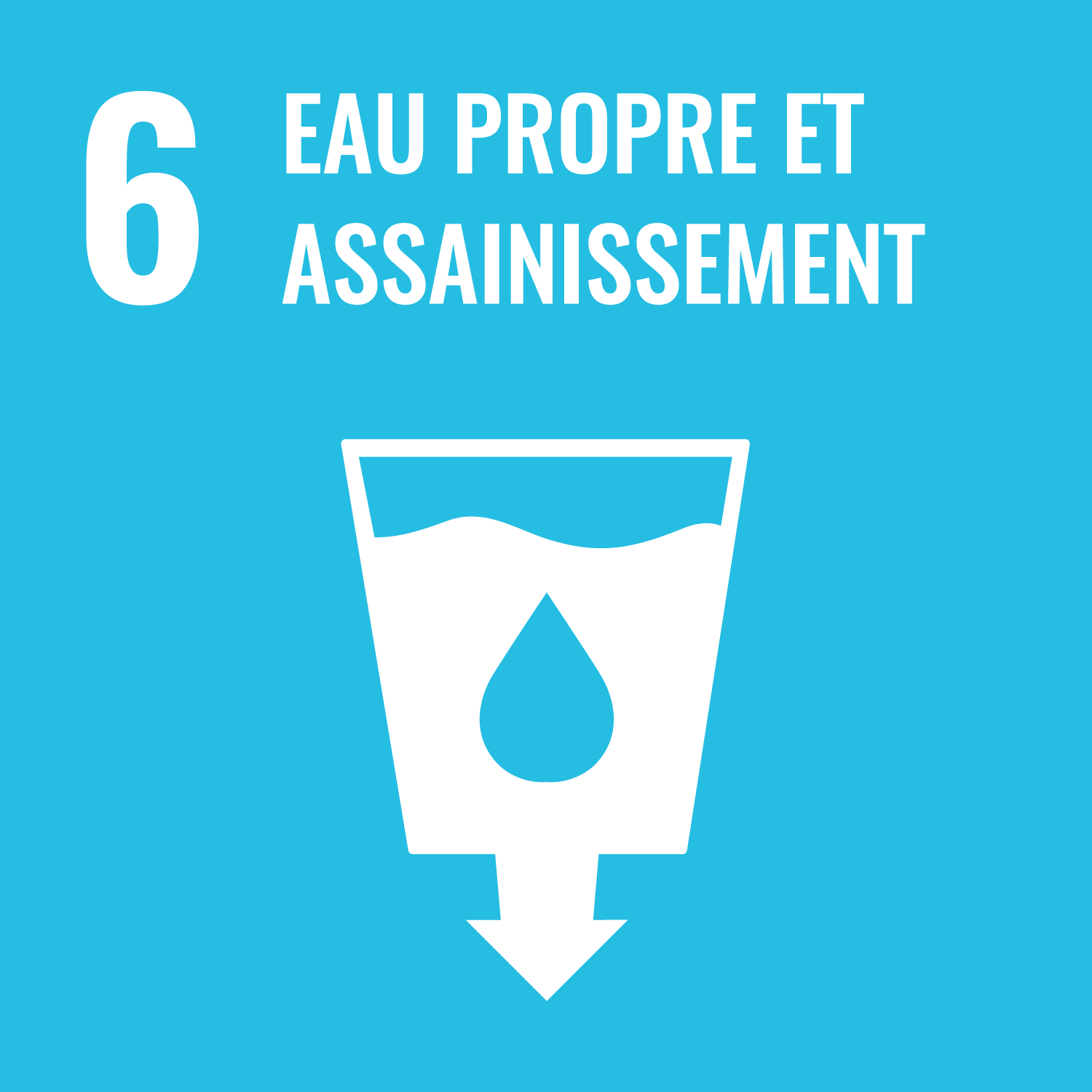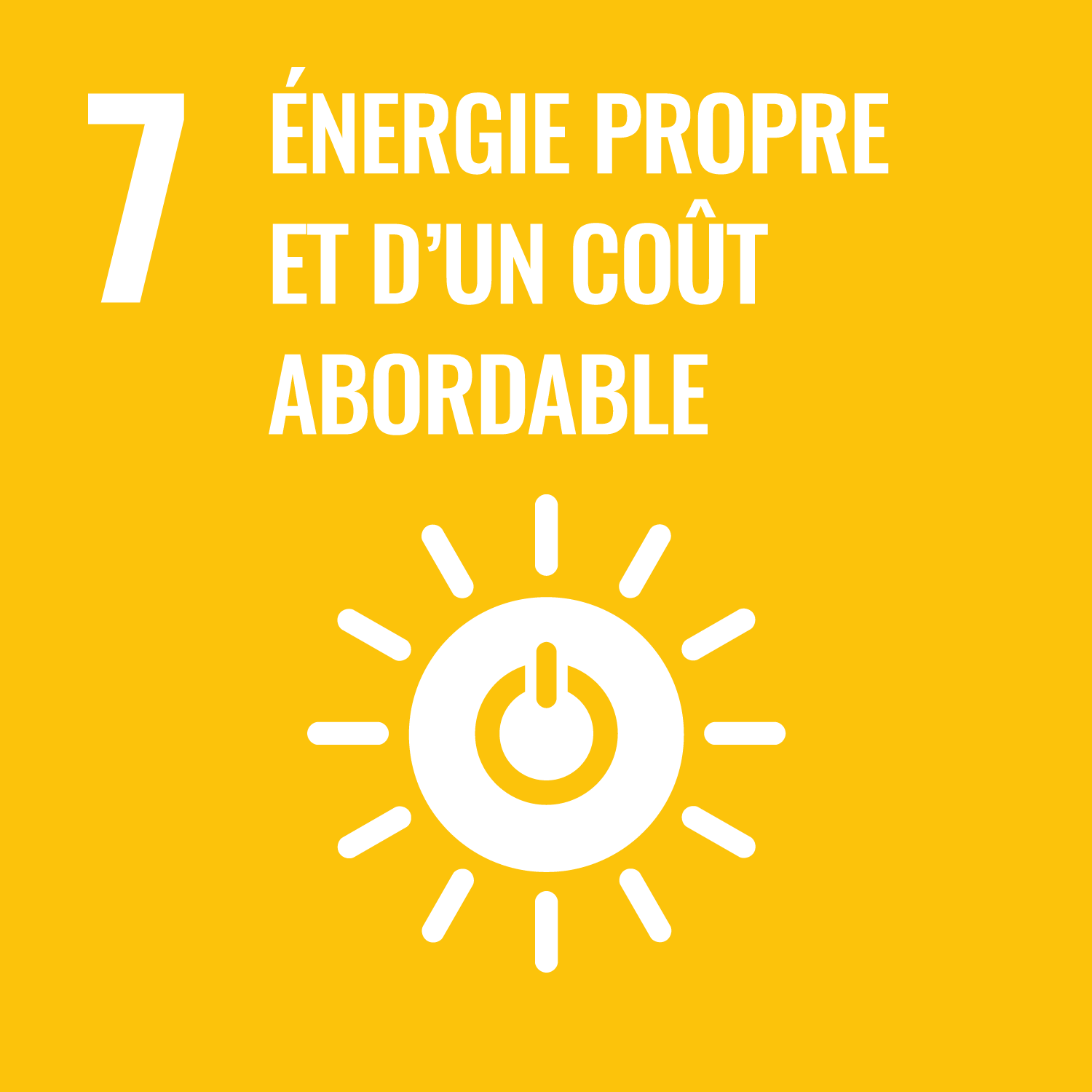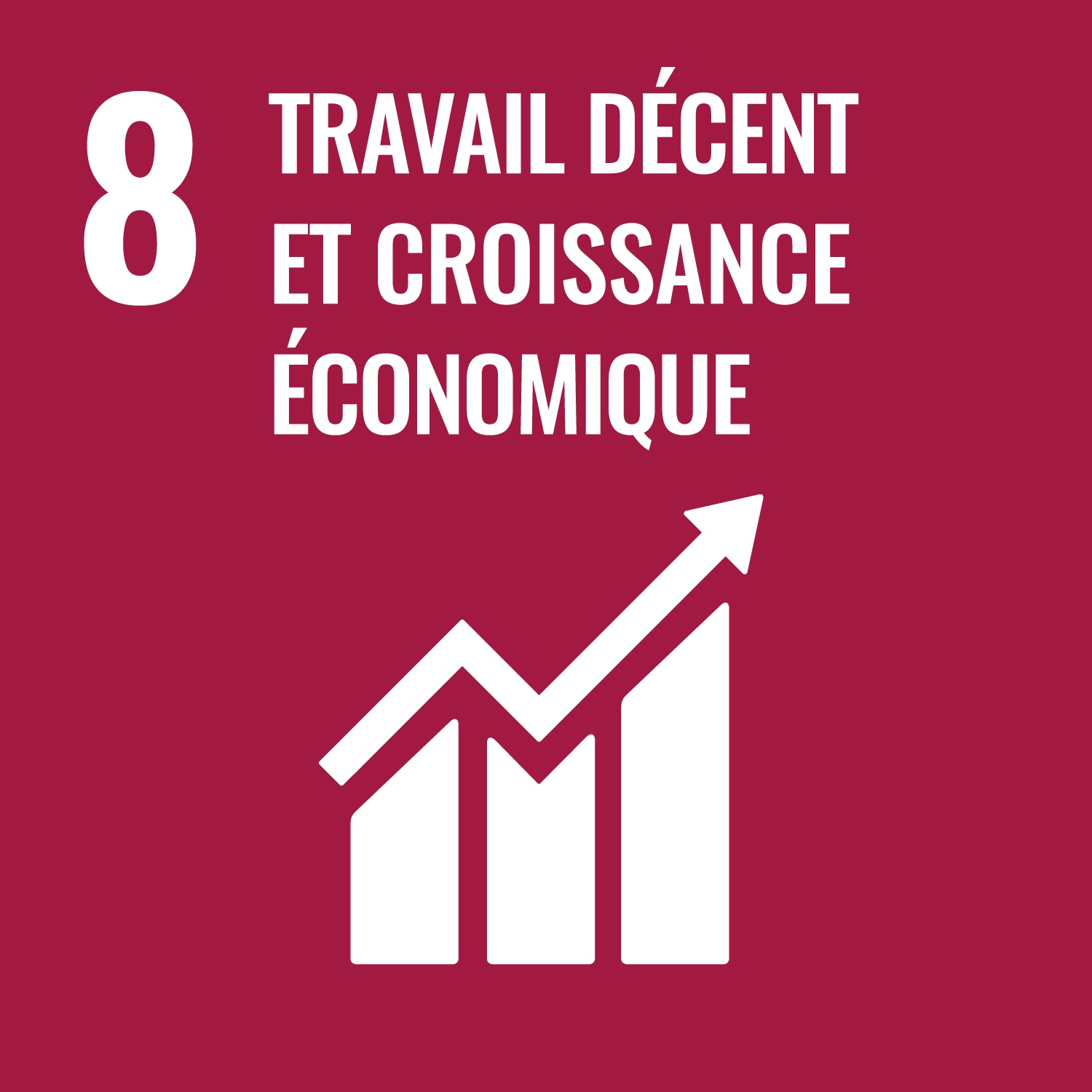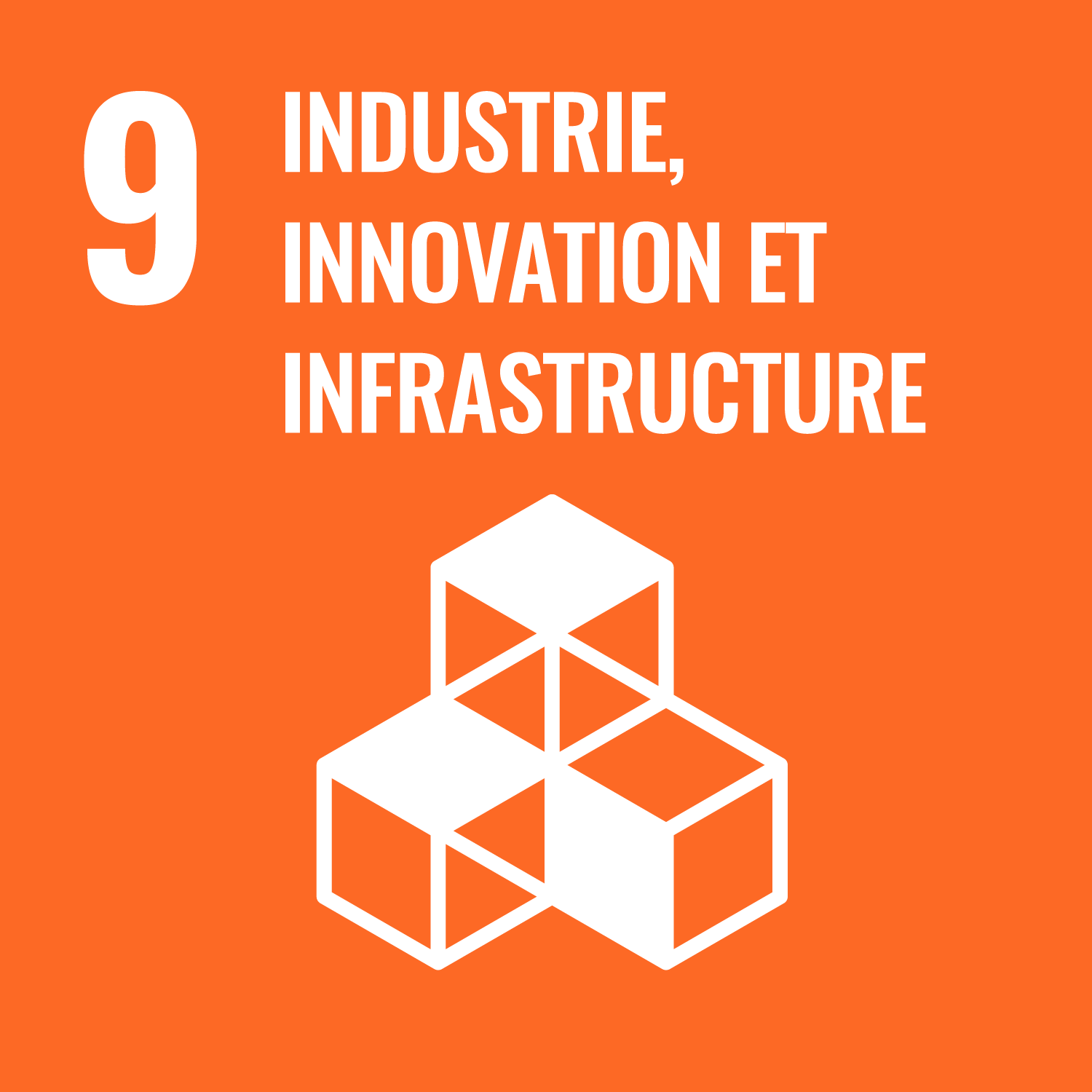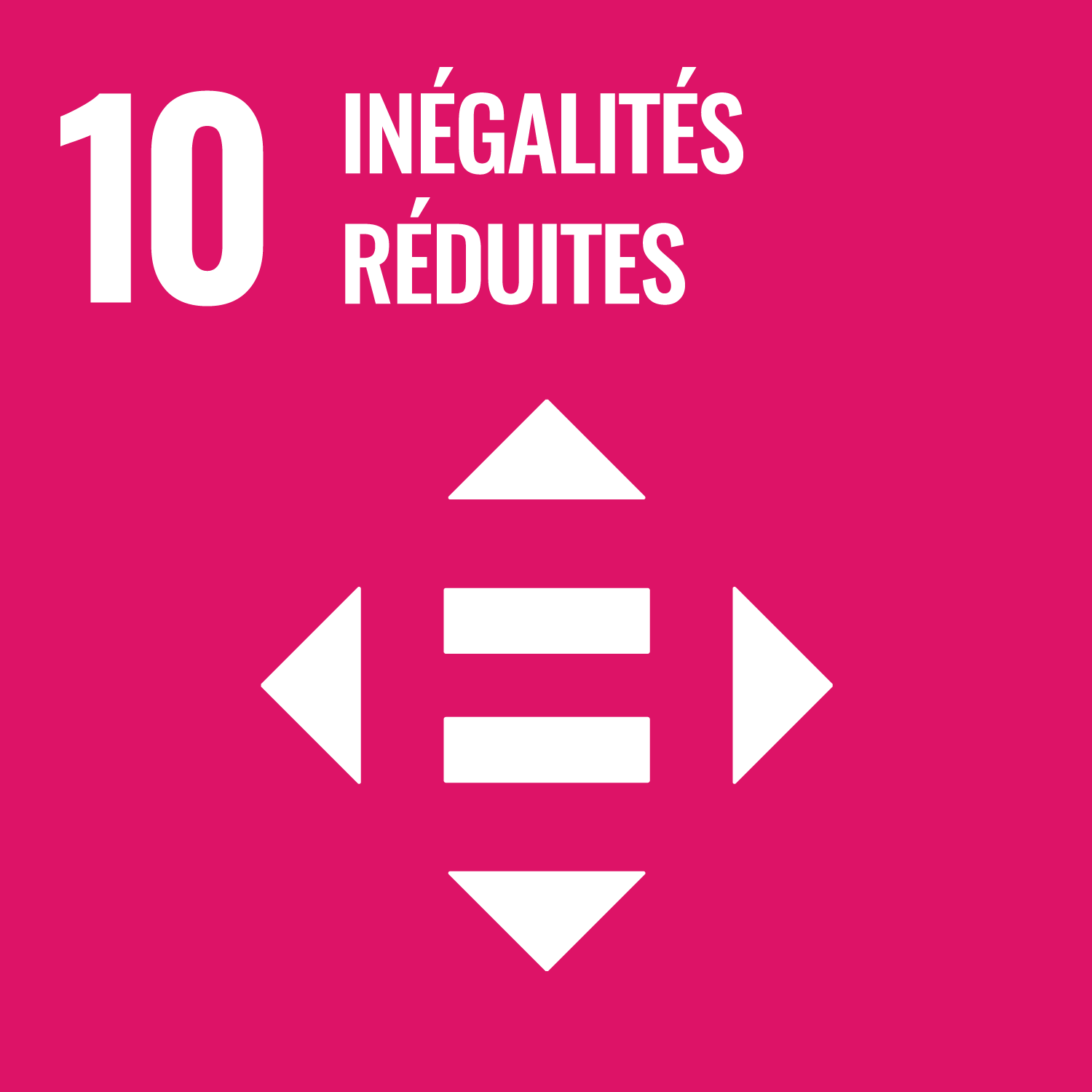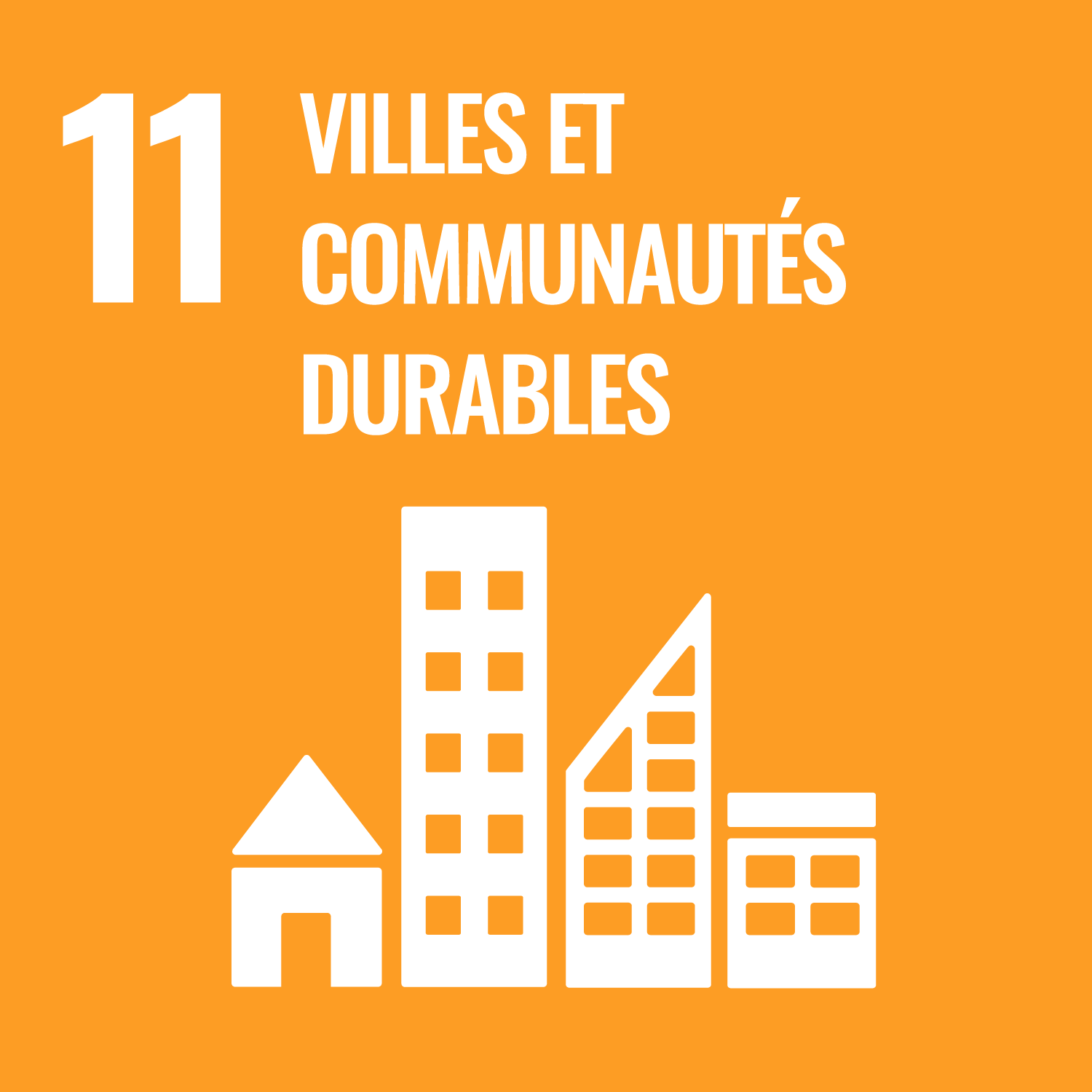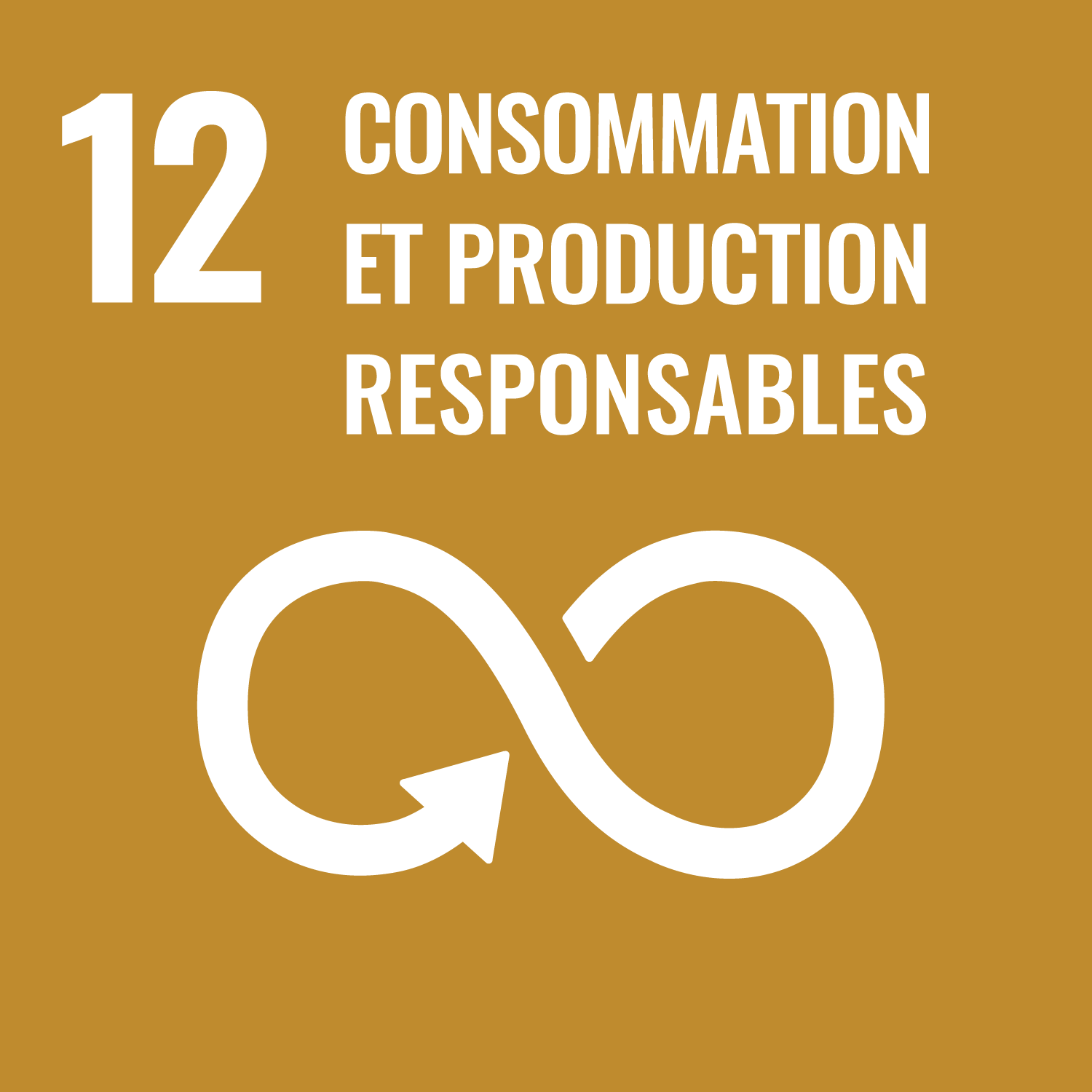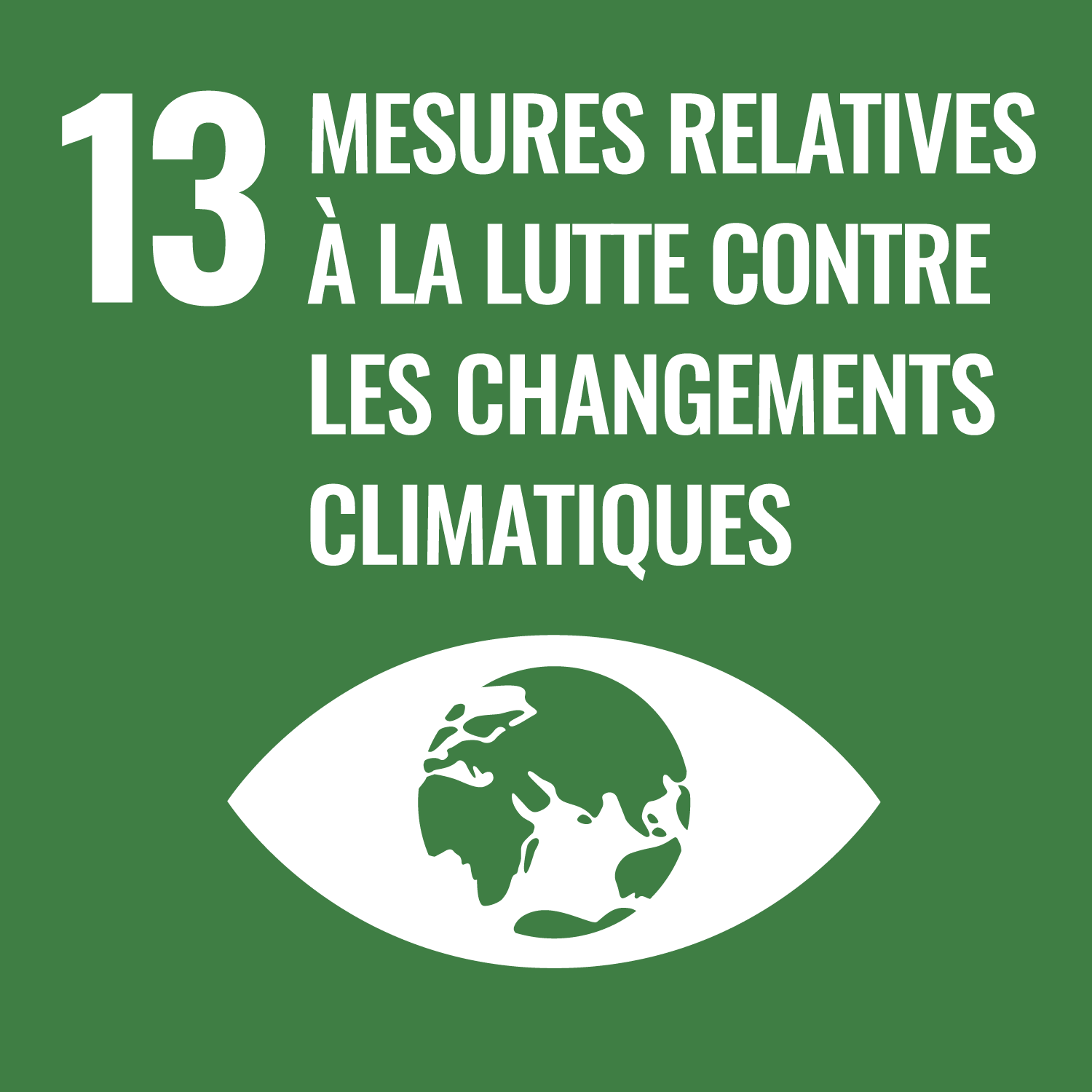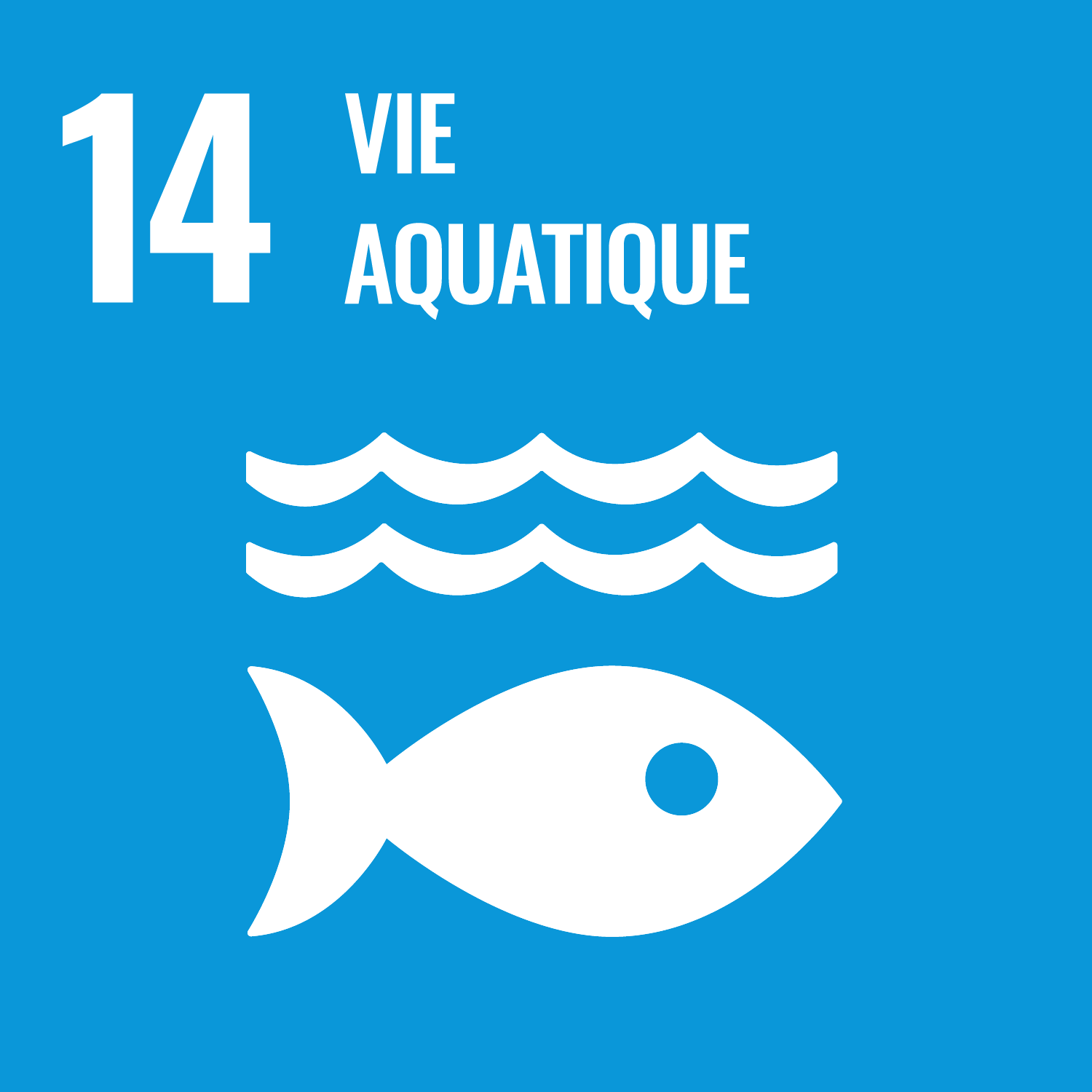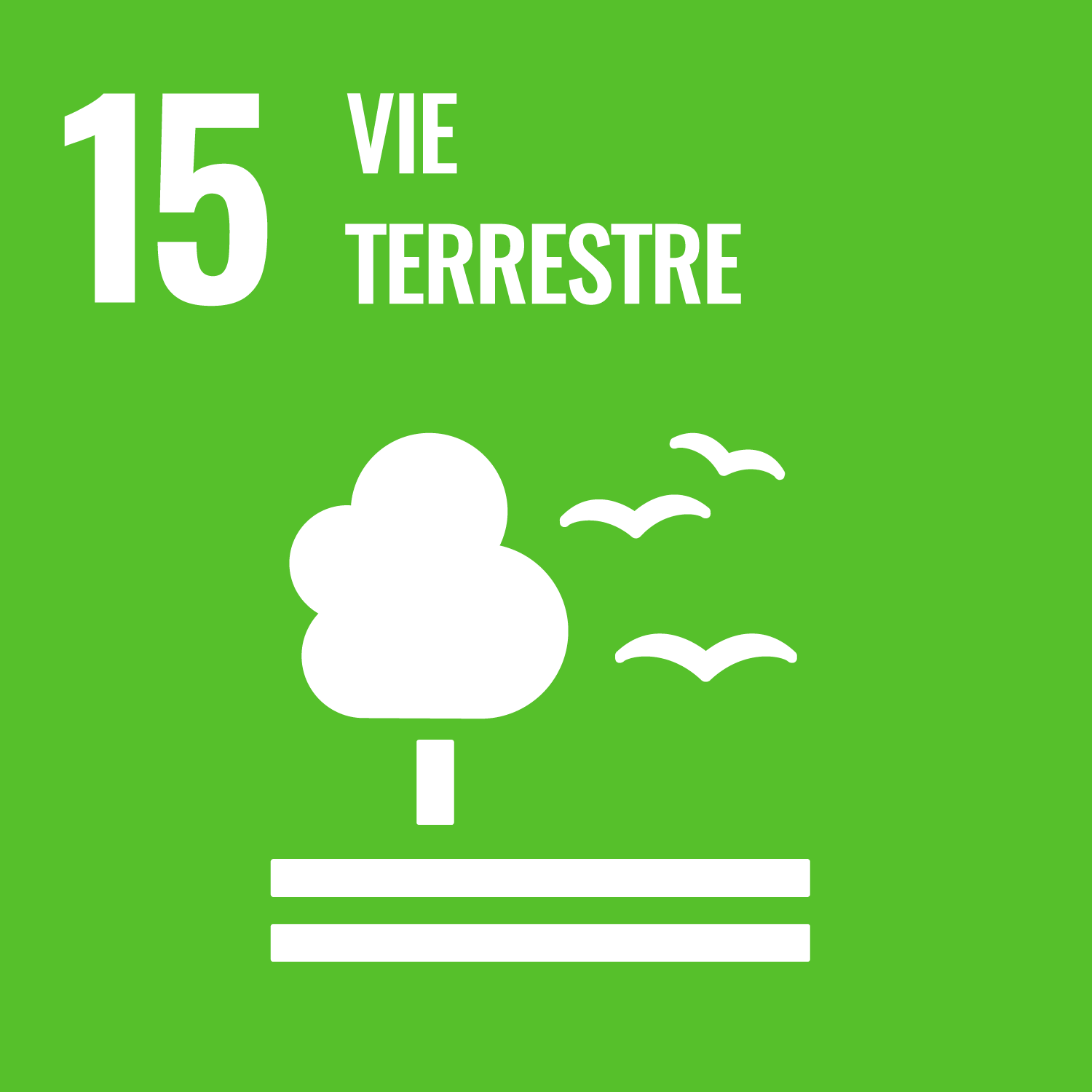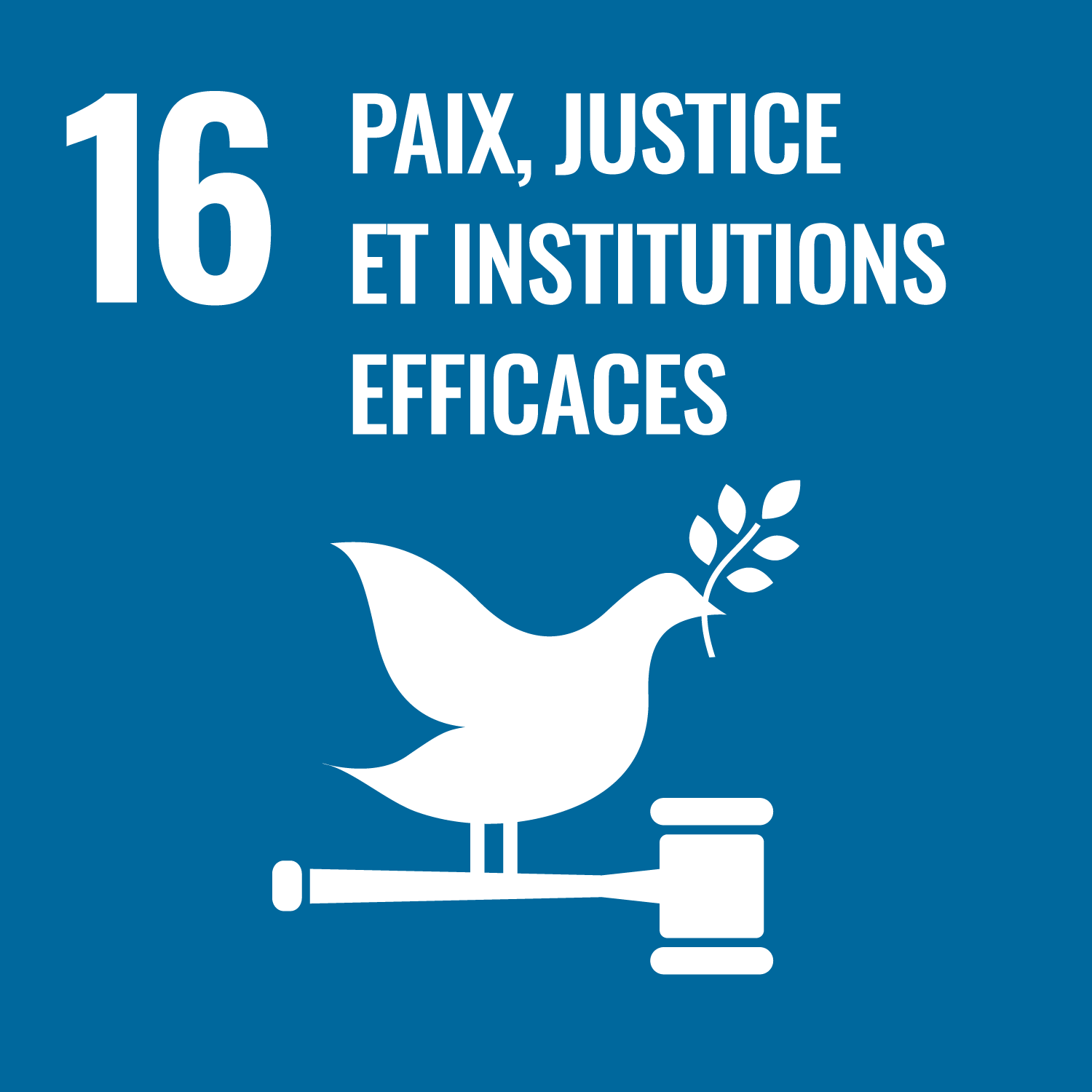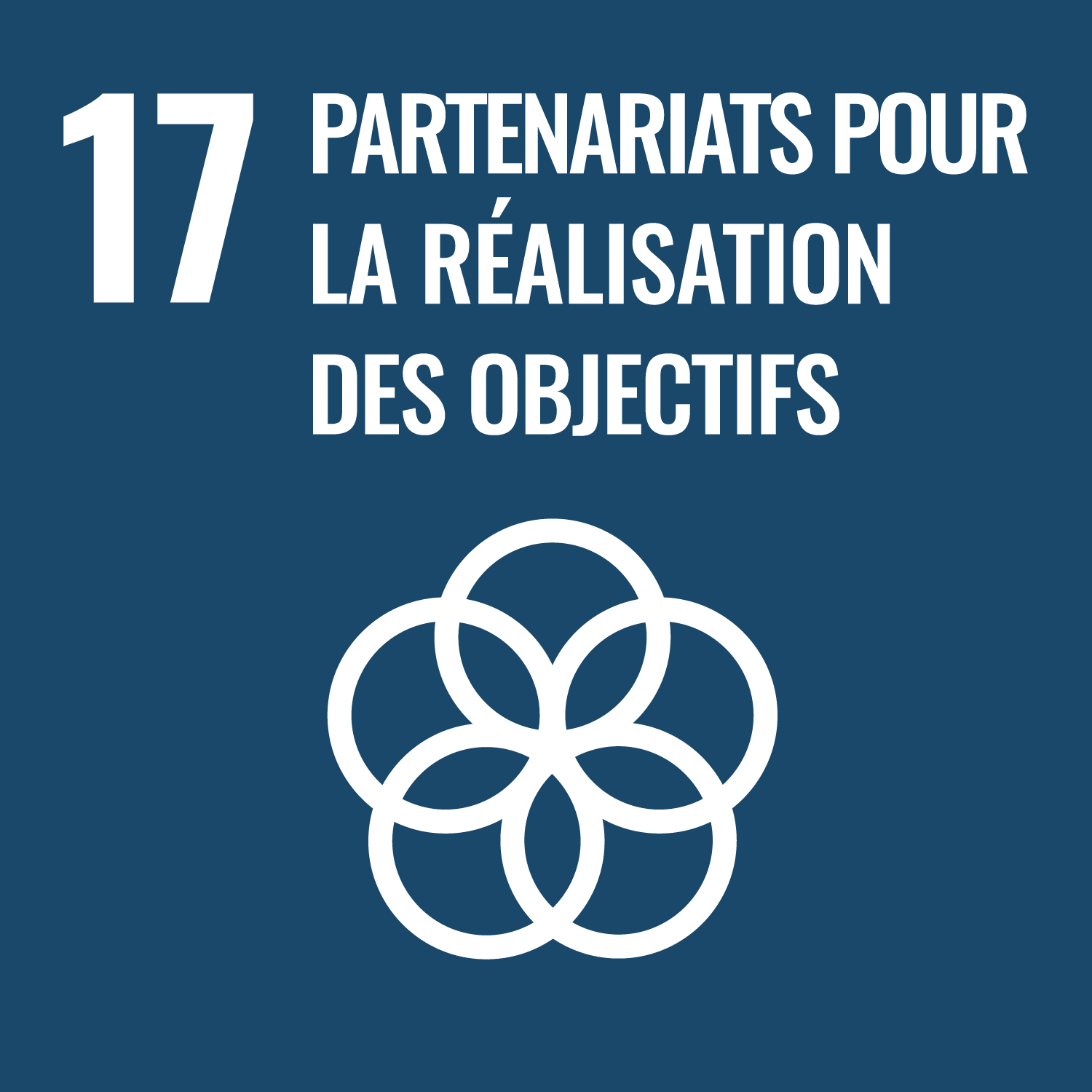A multi-stakeholder approach to ensuring social protection for the most vulnerable in Kenya.
In Kenya, 78 per cent of the most vulnerable persons are excluded from social protection coverage – this includes the elderly, women, men, boys, girls, and the disabled. The United Nations family in Kenya, under the leadership of the Resident Coordinator’s Office and in close partnership with the International Labour Organization (ILO), the United Nations Children’s Fund (UNICEF), the Food and Agricultural Organization of the United Nations (FAO) and the World Food Programme (WFP), have joined forces with the Government of Kenya (GoK)to help move the country from a poverty-targeted approach to a more inclusive approach on social protection with support of USD 2 million from the Joint SDG Fund (1).
The joint programme is called, "A progressive pathway towards a Universal Social Protection System in Kenya to accelerate the achievement of the SDGs”. It will support the Government of Kenya to operationalize its commitments in the National Social Protection Policy, the draft National Social Protection Investment Plan and Kenya’s third Medium Term Plan (MTP III). The MTP III is aligned with GoK’s 'Big Four' agenda which seeks to transform Kenya through achieving universal health coverage, improved food security and nutrition, increased access to affordable housing and manufacturing.
A large part of the excluded population and the most vulnerable in Kenya live in rural areas. The joint programme will target persons requiring various forms of social protection services such as the informal economy workers, children, food insecure communities, persons living with disability, the elderly as well as the youth.
“Persons living with disability often experience stigma and discrimination exacerbating their vulnerability to monetary poverty, hunger, malnutrition and the impacts of disasters. An inclusive and universal social protection system in Kenya will help alleviate extreme poverty, reduce malnutrition, and enhancing food security for all,” says David Kamau who is the WFP programmatic lead of the joint programme.
Investing in social protection leads to greater stability, reduced vulnerability of women and men, increased prosperity and a more dynamic and competitive society as well as a more resilient and productive workforce. As Kenya becomes a middle-income country, its social sectors of health, education and social protection must evolve to ensure that growth is shared. This joint programme will also reinforce governments’ capacity to deliver and scale-up appropriate gender sensitive social-protection policies and programmes in rural areas.
Moreover, through the SDG Partnership Platform, the programme will develop strategic linkages with relevant private sector stakeholders to explore financing options including more efficient use of current resources and options for greater engagement of private sector partners in the social protection landscape.
The government, through the Ministry of Labour and Social Protection and partner ministries, will lead this joint programme. The UN system has been instrumental in the improvement of the social protection system in Kenya. The UN family in Kenya has for the last 15 years played, and continue to play, a strategic role in supporting the continuous expansion of the coverage of social protection programmes and strengthening systems for implementation and management of programmes.
The UN Resident Coordinator for Kenya, Siddharth Chatterjee, states, “Kenya has been making important strides towards realizing the SDGs but much more needs to be done to make sure that no Kenyan is left behind. Informed by our learnings over the past two years, we will leverage the innovative mechanism of the SDG Partnership Platform to support the Government of Kenya’s efforts to realize universal social protection in Kenya by enhancing its policy, strategies and legal frameworks with sustainable financing options."
“As the UN we are proud to support this journey and the Country can be assured that we will deliver as one. I commend WFP, FAO, ILO, and UNICEF for their critical support on behalf of the wider UN, and the UN Joint SDG fund to unlock catalytic financing in moving us to full-fledged action.”
Ultimately, it is envisioned that by 2022, there will be increased access by marginalized and vulnerable people to social protection in Kenya, including services for prevention and response to gender-based violence and violence against children. It is also envisioned that, through support of this joint programme, the GoK will have a clear plan with fiscal options for operationalizing universal social protection in Kenya.
(1) Donors to the Joint SDG Fund are Denmark, EU, Germany, Ireland, Luxembourg, Monaco, Netherlands, Norway, Portugal, Spain, Sweden, and Switzerland.


